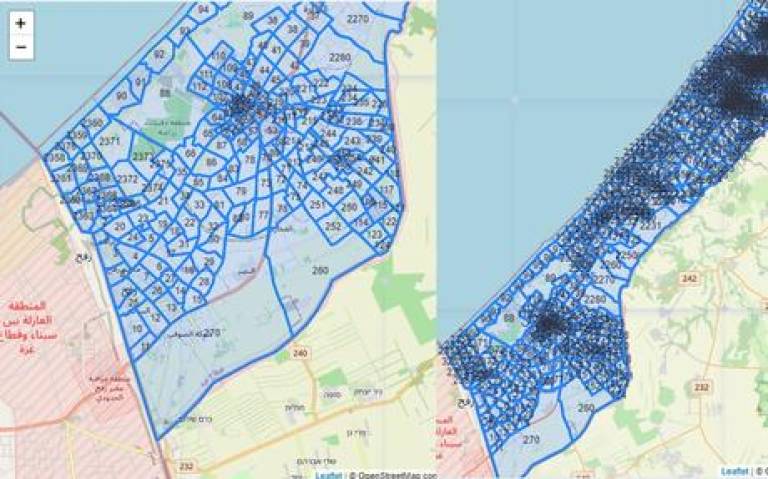The Digital Imperium
22 February 2024, 5:00 pm–7:00 pm

Part of the SPRC Colloquium Series on Race, Ethnicity and Postcolonial Studies. With Professor Lee Grieveson (SELCS, UCL)
Event Information
Open to
- All | UCL staff | UCL students
Organiser
-
The Sarah Parker Remond Centre for the Study of Racism and Racialisation
Location
-
Common Ground, G11Gower Street, South WingLondonWC1E 6BTUnited Kingdom
The SPRC is pleased to welcome Professor Lee Grieveson (SELCS, UCL) to give this colloquium.
Abstract: “The Digital Imperium” sketches a genealogy of key vectors in the birth and deployment of the digital as a modality of imperialising power. The paper explores the contingent political and economic histories underlying the birth and expansion of a praxis of information control that gets built into the metal of digital computational machines (by the U.S. military in mid-century entwined with the U.S. imperium that came into being after 1945) as well as the deep logics and continuum that shape these histories.
About the Speaker
Professor Lee Grieveson
Professor of Media History at SELCS-CMII, UCL
Grieveson works on media and political economy and is currently writing a book tentatively called The Digital Imperium. Grieveson was co-principal investigator, with Colin MacCabe, of a major UK Arts and Humanities Research Council funded project entitled "Colonial Cinema: Moving Images of the British Empire," a project which both aimed to digitally archive British colonial cinema spanning the twentieth- century and to organize scholarly gatherings to investigate these materials. Grieveson is at work on a project on media and extraction together with Priya Jaikumar. He is the author also of numerous essays on aspects of cinema and media history, including “Fighting films: race, morality, and the governing of cinema” (Cinema Journal, 38:1 (Fall 1998)), which was awarded the Society for Cinema Studies Katherine Singer Kovacs Essay Award in 1999 for outstanding essay in English language media studies.
More about Professor Lee Grieveson Close
Close

